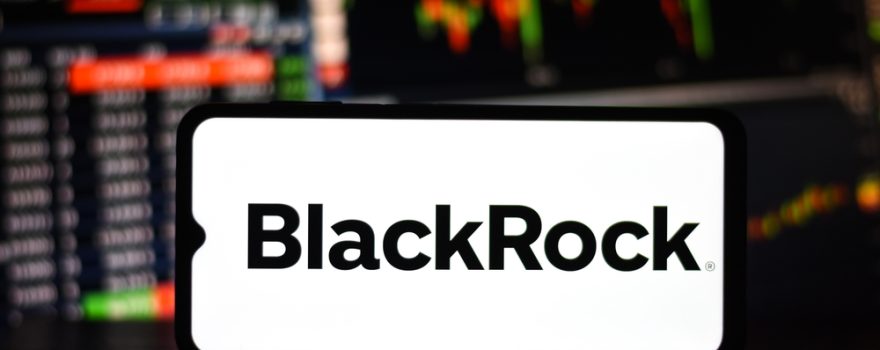
BlackRock CEO Larry Fink has raised concerns about the U.S. dollar’s continued status as the world’s reserve currency. He cautioned that if the U.S. fails to address its mounting debt crisis, digital assets like Bitcoin could eventually replace the dollar’s dominance.
A Debt Crisis Threatening Global Dominance
In his annual letter to investors, Fink pointed out that the U.S. has long benefited from the dollar’s role as the global reserve currency. However, he highlighted that national debt has grown at three times the pace of GDP since 1989, creating a financial imbalance that could have severe consequences. He noted that in 2024 alone, U.S. interest payments will exceed $952 billion—surpassing even defense spending.
“If this trend continues, by 2030, mandatory government spending and debt service will consume all federal revenue,” Fink wrote. “This would create a permanent deficit that could shake investor confidence and challenge the dollar’s supremacy.”
Bitcoin and Digital Assets as Alternatives
Fink emphasized that while decentralized finance (DeFi) is an extraordinary innovation that makes markets faster, cheaper, and more transparent, it also poses a risk to traditional financial structures. If investors increasingly view Bitcoin as a safer store of value than the dollar, the U.S. could lose its economic advantage, he warned.
BlackRock’s involvement in digital assets has expanded significantly, particularly with the launch of its U.S. spot Bitcoin exchange-traded fund (ETF), IBIT. The fund quickly became the largest ETF launch in history, amassing over $50 billion in assets within a year and generating $40 billion in net inflows. Compared to its closest competitor, Fidelity’s FBTC, IBIT has dominated the market.
Tokenization: The Future of Investing?
Beyond Bitcoin, Fink highlighted the transformative potential of tokenization in financial markets. He likened the shift to tokenized assets to the transition from postal services to email, stating that blockchain technology could revolutionize investing by enabling instant transactions and removing costly intermediaries.
“Every stock, every bond, every fund—every asset—can be tokenized,” Fink asserted. “Markets wouldn’t need to close, transactions would clear in seconds, and billions currently tied up in settlement delays could be reinvested into the economy instantly.”
Tokenization could also democratize investing by allowing fractional ownership of assets, broadening access to high-yield investments, and enhancing shareholder voting. Fink stressed that such innovations could help bridge the gap between public and private markets, expanding opportunities for retail investors traditionally excluded from wealth-building investment vehicles.
A Call for Stability Amid Economic Uncertainty
Despite economic concerns, Fink sought to reassure investors, drawing on historical examples of resilience. He maintained that while economic anxiety is widespread, financial markets have always adapted and recovered.
“As history has shown, innovation and resilience will shape the future of global finance,” he wrote. “We must embrace technological advancements while ensuring stability in traditional economic structures.”
Fink’s insights highlight the growing tension between traditional finance and emerging digital assets. As blockchain technology and decentralized finance continue to gain traction, the question remains: Can the U.S. sustain the dollar’s dominance, or will Bitcoin and tokenized assets define the next era of global finance?
Source: The Block

 Get in Touch
Get in Touch 


